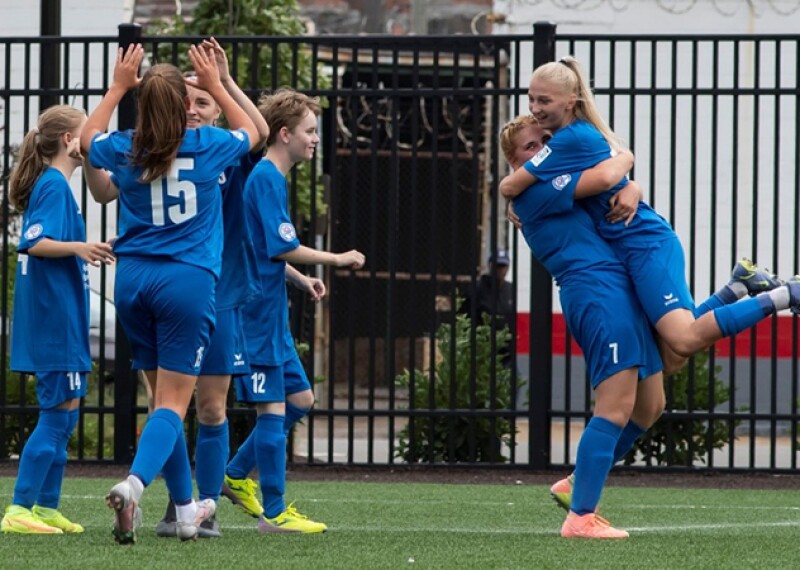
Special Olympics Europe Eurasia (SOEE) has partnered with the Scort Foundation to provide educational opportunities to people with intellectual disabilities through football development programmes across the region.
By leveraging the reach, network and expertise of both organizations, this collaboration aims to create sustainable pathways for personal growth and social integration. Participants will not only gain valuable skills and knowledge but also build confidence and forge meaningful connections within their communities.
SOEE President and Managing Director David Evangelista said, “Through this partnership with Scort Foundation, we seek not only to transform lives through sport, but also reshape perceptions and foster a more inclusive, more equitable society.
“Together, we have a strong opportunity to expand impact, strengthen local programming worldwide, and build a world where everyone is valued, included.”
Scort Foundation Co-CEO Julia Lambrecht added, "Our collaboration with Special Olympics Europe Eurasia underscores our dedication to promoting social integration and empowering vulnerable communities.
“At Scort Foundation, we are leveraging the universal language of football to drive meaningful impact and create a more equitable future for all."
Special Olympics in Europe Eurasia encompasses a diverse range of cultures, languages and customs traversing 58 countries in Western, Central and Eastern Europe, and Central Asia. From Iceland to Israel, and Portugal to Kazakhstan, Special Olympics promotes respect, inclusion and human dignity for people with intellectual disabilities through sports.
The Scort Foundation envisions a world where young people in vulnerable situations thrive through sports and help create peaceful communities. Together with their partnership programme the Football Club Social Alliance (FCSA), Scort implements educational projects that use sport and play-based activities to empower vulnerable young people. Through advocacy activities Scort strengthens the role sport can play to positively shape the lives of displacement and crises affected people as well as foster the inclusion of people with disabilities.









